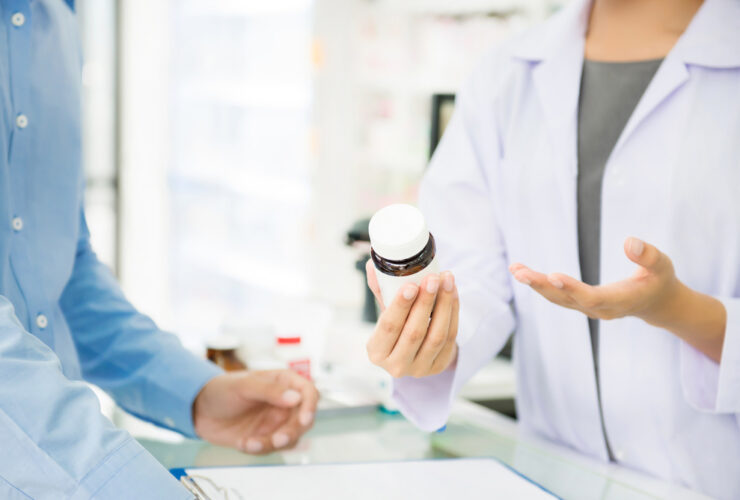Modern medicine allows patients to treat most health conditions with the help of prescription medication. However, most of this medication is mass produced in a specific dosage with set inactive ingredients.
Unfortunately, this impersonal production means that potentially life-saving or life-changing medications are not available to all patients who need them.
Medication compounding is one of the methods that doctors may recommend to help patients treat their health concerns more accurately and effectively. In this blog, we cover the basics of this technique.
What Is Medication Compounding?
As the name suggests, medication compounding is the act of combining pharmacy-grade ingredients to create a personalized version of a specific prescription medication. Compounding comes from the longstanding tradition of apothecary medicine, where each drug is made individually according to the patient’s needs.
In pharmacies that practice modern-day medication compounding, licensed pharmacists oversee and perform this service. Compounding may involve producing a form of the medication that doesn’t include something the patient is allergic to, putting the medication into a different form like a cream instead of a pill, or altering the dosage of a medication.
Compounding may be performed in a specialty pharmacy or a hospital. In most pharmacies, the finished medicines are given directly to the patient.
What Are the Benefits of Medication Compounding?
The now uncommon art and science of medication compounding was once widely recognized as the preferred dispensary method. Pharmacies that offer compounding do so as an acknowledgement that medication is not one size fits all.
This approach offers the following benefits:
- Eliminating allergens that would otherwise prevent the patient from taking certain medication. Many medications include active or inactive ingredients that a patient may be allergic to. Common allergens include lactose, certain dye colors, soy, or gluten. Compounding pharmacies can remove these ingredients.
- Giving patients who have difficulty taking medication more options. Standard medication may come in only one form, such as a pill, liquid, or injection. A compound pharmacy can give patients more options, sometimes even including topical application.
- Offering the exact right dosage amount to each patient. With conventional medication, only the most popular dosage amounts are available. Patients who need more may need to take a high number of pills throughout the day, and patients who need less may need to use a cutting tool. Compounding eliminates these extra steps and the potential inaccuracy they create. Compounding is also a great option for children and infants who need a lower-strength dosage of a commercially available medication.
- Providing access to medication that has been discontinued by the manufacturer. Like any mass-produced item, some standard medications are discontinued when the manufacturer’s proceeds from it go down. A compounding pharmacy can recreate discontinued medication so patients’ care isn’t interrupted.
Medication compounding gives physicians and patients more options at the pharmacy counter, and this freedom can majorly improve patients’ lives.
Who Needs Medication Compounding?
Medication compounding can be helpful to many patients by giving them more control over the medication they ingest to control their medical conditions. Medication compounding is most essential to patients who would otherwise not have full access to the drugs they need.
Compounding most benefits patients who:
- Are allergic to one or more ingredients in the mass-produced version of their medication.
- Cannot take medication in its standard form—for example, elderly patients with limited ability to swallow.
- Develop conditions that are resistant to the standard drugs on the market.
- Have strong aversion responses to the medication’s available flavors.
- Need access to rare, expensive, discontinued, or difficult-to-find medication.
Most medication compounding is performed as a collaboration between pharmacy experts and a patient’s primary or specialized physician. This partnership helps make the medication creation process even more precise, which makes it more likely to be effective for patients.
What Should You Do If Medication Compounding Sounds Right for You?
If you fall into any of the categories listed in the previous section, medication compounding could completely change the way you treat your current conditions. Talk to your prescribing doctor about whether a compound medication would solve the issues associated with your current prescriptions.
If you think medication compounding could revolutionize the way you approach your health concerns, work with your doctor and with Potter’s House Apothecary. We work closely with our clients’ healthcare providers to ensure the best results for each customized medication. We can talk with your current doctor about formulation recommendations, or we can refer you to a physician familiar with medication compounding.
Our team creates compound medications out of the highest quality ingredients, using some of the most precise technology available in the pharmacy industry.



